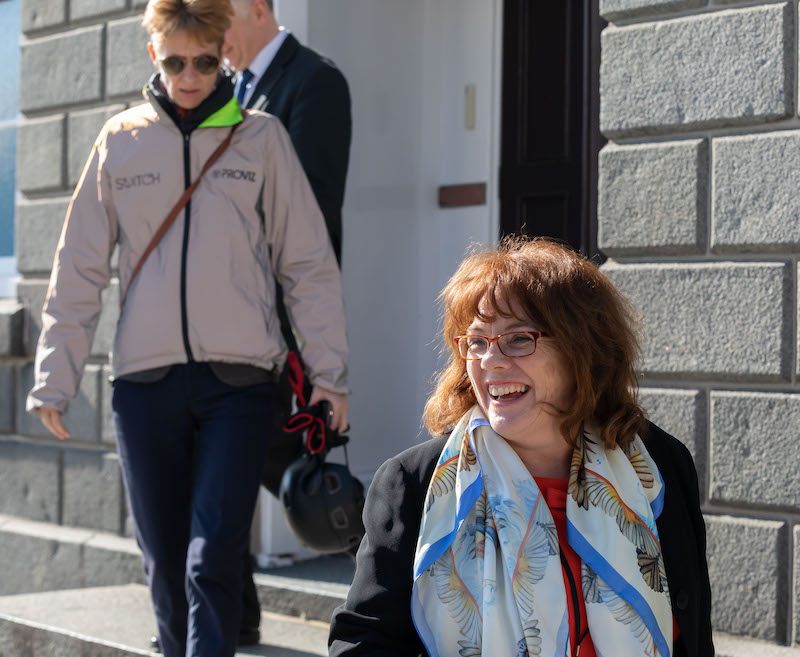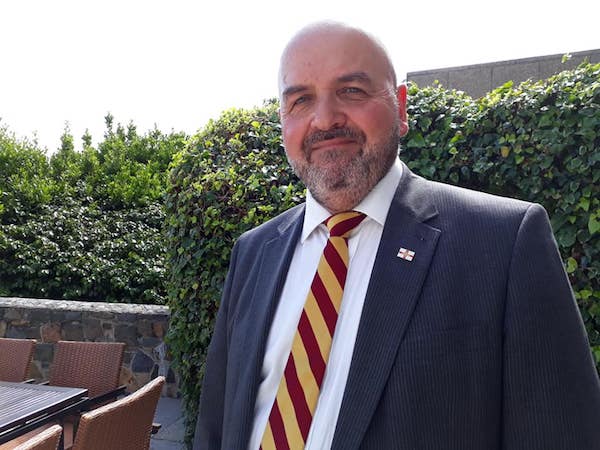


Plans to improve the relationship between our elected politicians and the island's senior civil servants are taking shape, with a draft version of a new agreement likely to be debated before the election next year.
The work started during the summer, after a States resolution was passed in June, leading to a working group being set up, comprising of representatives of: the Policy & Resources Committee, the States, the Civil Service, Guernsey's Law Officers and an Independent Advisor who is a Corporate Lawyer.
Deputies Michell Le Clerc and Heidi Soulsby had successfully laid an amendment against the Policy & Resources Plan, which meant the States had to set up the working group, which now says its aim is to deliver a 'quality, well thought through framework, rather than to rush through proposals despite the tight timeframe'.
The two Presidents, of Employment and Social Security and Health and Social Care, wanted the States to be 'democratically accountable to the people of Guernsey for carrying out the functions of government and parliament' and they wanted a review of the new structure of senior civil service posts, to ensure 'effective lines of accountability between the States and the public sector which reflect the democratic character of the States'.

Pictured: Deputy Heidi Soulsby, HSC President, and Deputy Michelle Le Clerc, ESS President.
Deputy Jonathan Le Tocq is the political lead in the working group set up to oversee this work and last week he told the States that progress had already been made in some areas including in agreeing a set of aims:
He also said that work started, with the working group engaging with States members, the relevant Unions and senior leaders within the civil service with generally positive feedback so far.
"Feedback has generally been very positive, with some constructive and well-reasoned comments. In developing the framework," he said, "it will not be possible to please all, and there will inevitably be some give and take on both sides. What we hope to achieve is a practical solution, which assists in delivery of services by the civil service to government."

Pictured: Deputy Jonathan Le Tocq.
Deputy Le Tocq went on to say that having considered the arrangements from across a number of different jurisdictions, the OECD recommendations, and stakeholder feedback, the working group is "aware that a bespoke and tailored solution will be required for Guernsey, due to the unique style of government and civil service".
Deputy Le Tocq said; "The working group therefore recommends that, in the short term, a protocol should be developed and agreed, between States Members through the Policy & Resources Committee, as employer, and the Chief Executive, setting out the relationship between States Members and senior officers of the civil service."
P&R has already given its support to the proposals so far, which would see plans to:
"Should a protocol be adopted, it is recommended that there should be a review in two years' time, to assess effectiveness and consider whether it may be appropriate to develop a statutory framework addressing the areas set out in the protocol," said Deputy Le Tocq.
It's likely the States will debate a draft version of the Policy Letter in February.
Comments
Comments on this story express the views of the commentator only, not Bailiwick Publishing. We are unable to guarantee the accuracy of any of those comments.